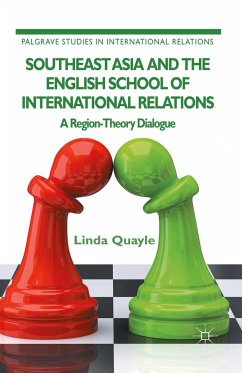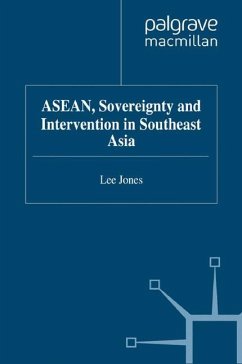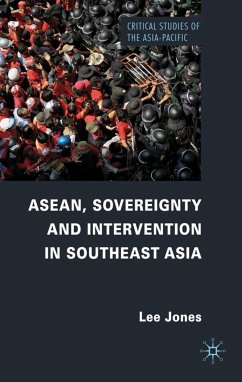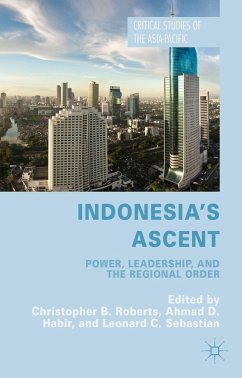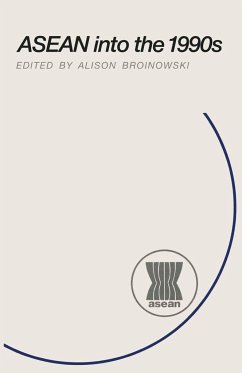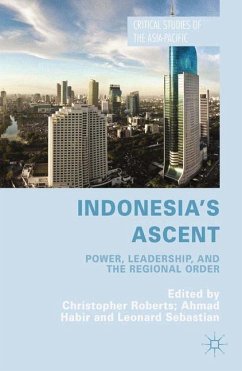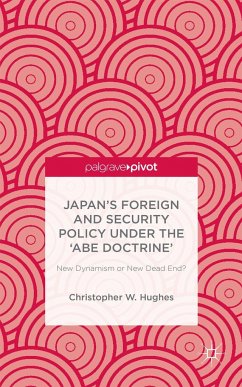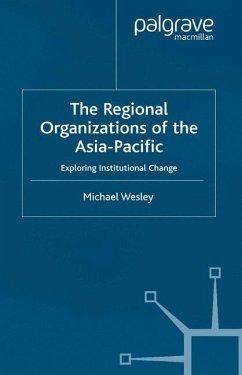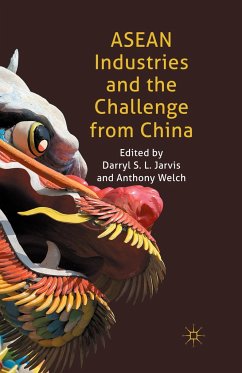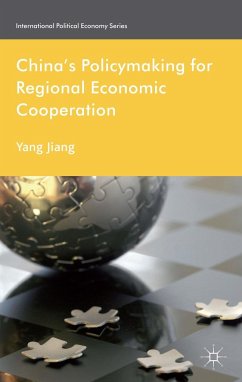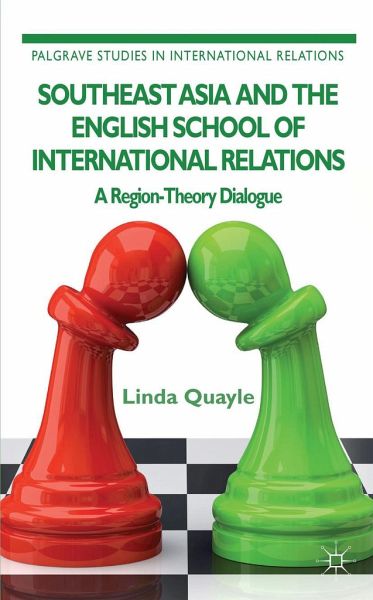
Southeast Asia and the English School of International Relations
A Region-Theory Dialogue
Versandkostenfrei!
Versandfertig in 6-10 Tagen
38,99 €
inkl. MwSt.
Weitere Ausgaben:

PAYBACK Punkte
19 °P sammeln!
This book examines the interface between the theoretical framework known as the English School and the international and transnational politics of Southeast Asia. The region-theory dialogue it proposes signals productive ways forward for the theory.





